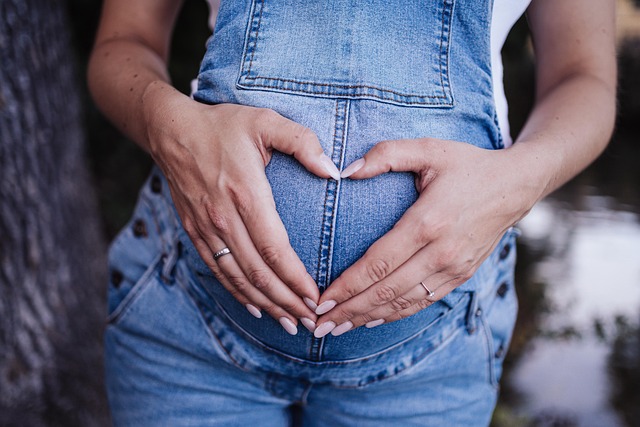Hey friends! If you’re curious about how age influences your chances of getting pregnant, you’re not alone. Let’s dive into the details together and break it down in a friendly way.
As we age, our fertility naturally changes. For women, the most fertile years are typically in their 20s and early 30s. After that, fertility gradually declines. By the time a woman reaches 35, her chances of conceiving start to decrease more significantly. It’s not just about the number of eggs; the quality of those eggs also plays a big role. So, if you’re in your late 30s or early 40s, you might find it more challenging to conceive. That said, every person is unique, and some women do have successful pregnancies later in life.
On the flip side, men also experience changes in fertility as they age. While men can remain fertile into their later years, the quality of sperm can decline. This might lead to longer times to conceive or an increased risk of genetic issues.
If you’re considering options like home insemination, it’s great to be informed. There are various methods and products available. For instance, you might want to check out this artificial insemination kit for a boost in your fertility journey. Additionally, for those interested in donor insemination, this resource is packed with helpful information.
And if you’re preparing for pregnancy, don’t forget to read about what’s essential for the third trimester here.
In summary, age is a significant factor in fertility, impacting both women and men differently. Understanding these changes can help you make informed decisions about your reproductive health. Remember, it’s always a good idea to consult with a healthcare professional for personalized advice.

